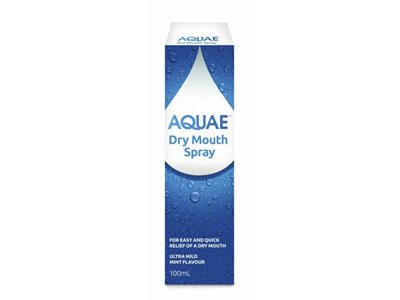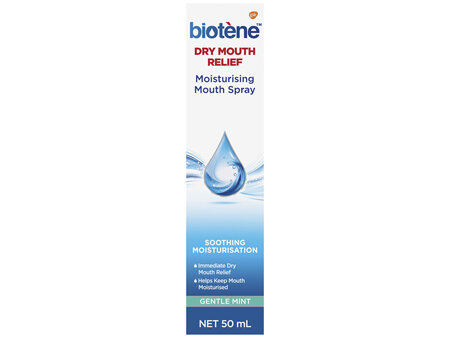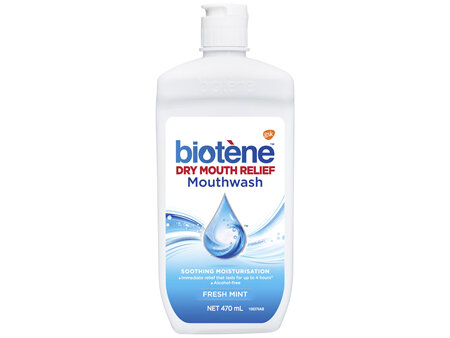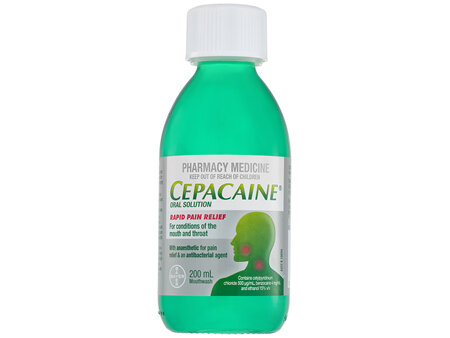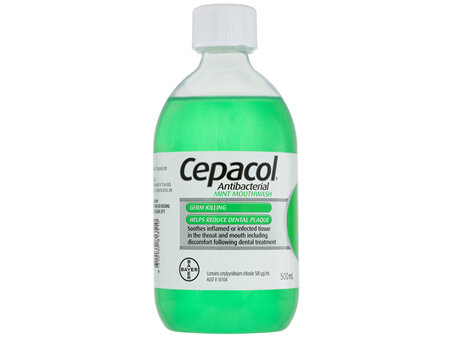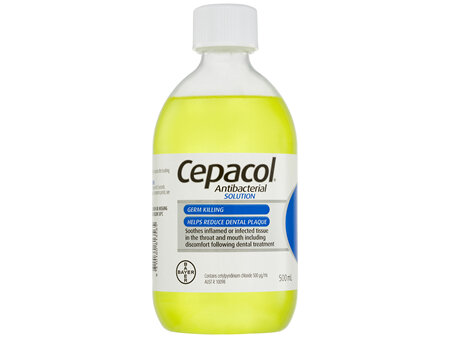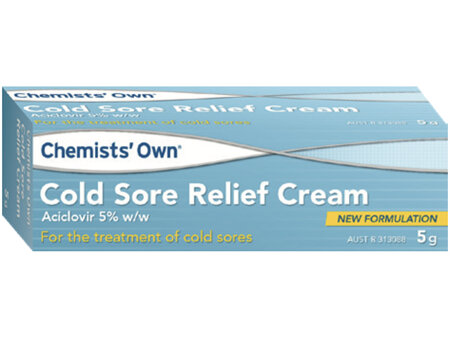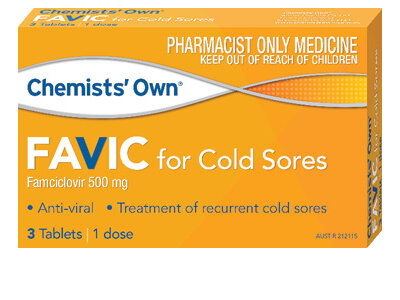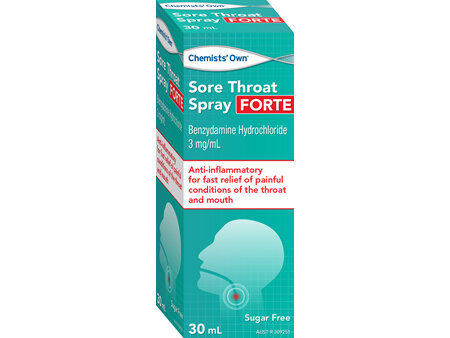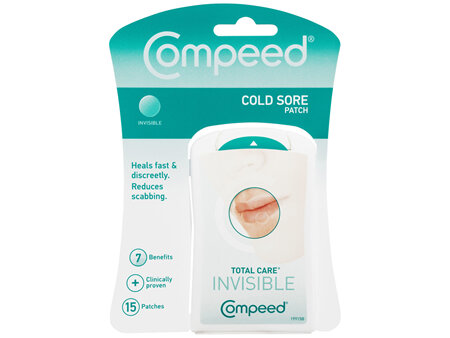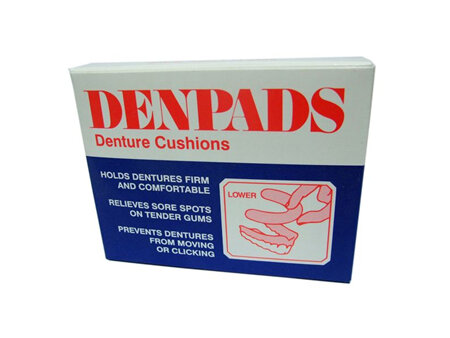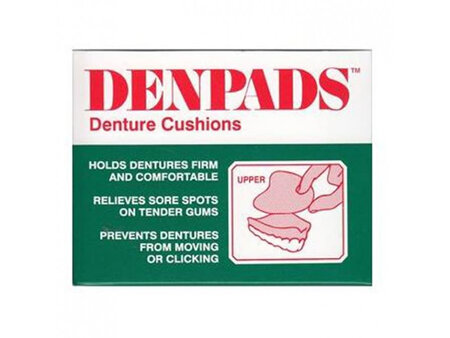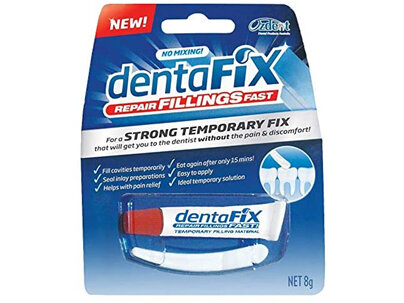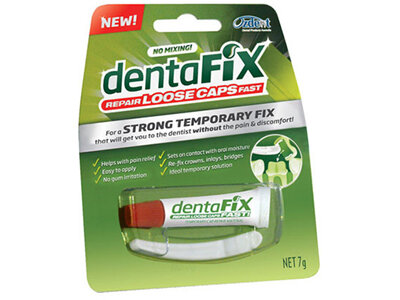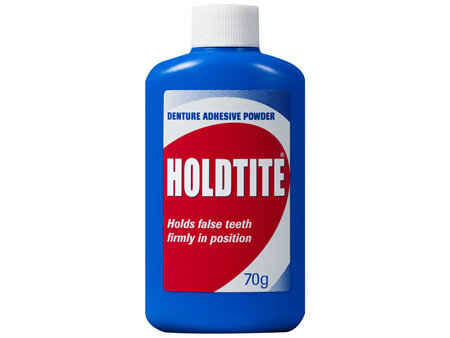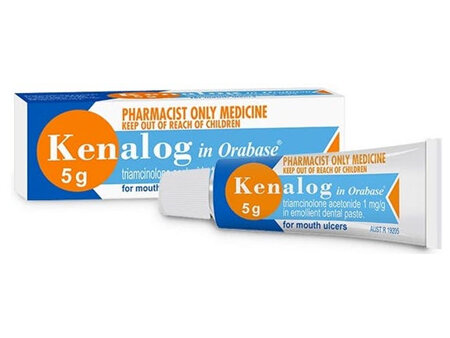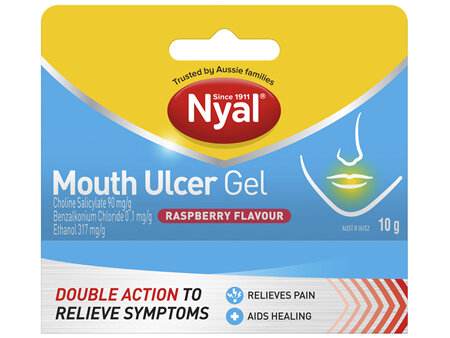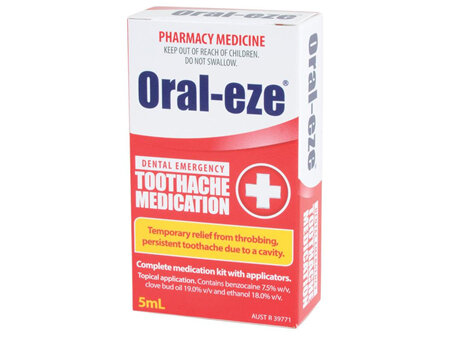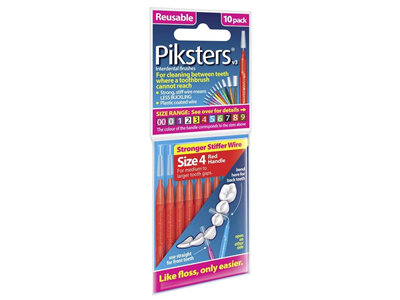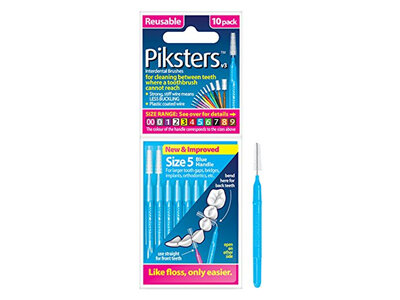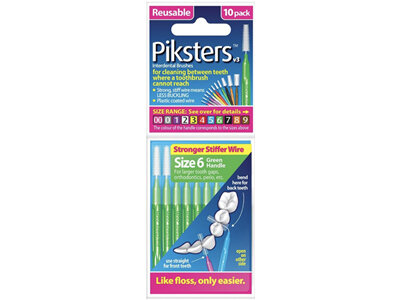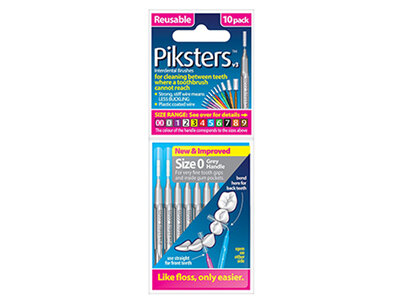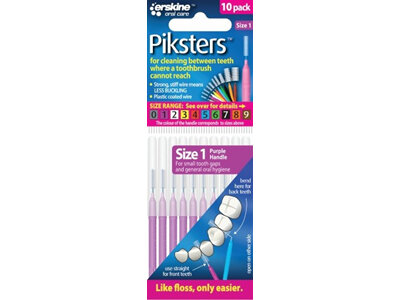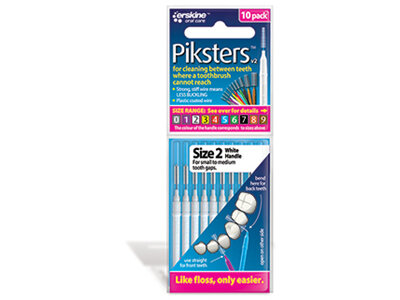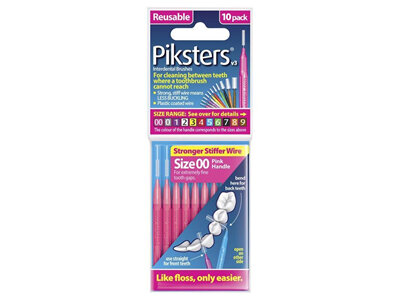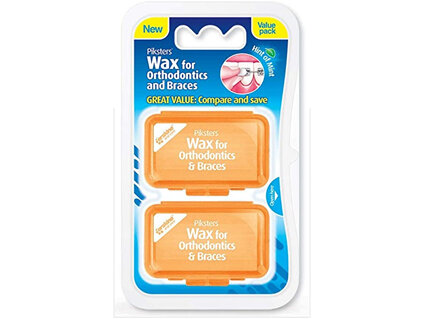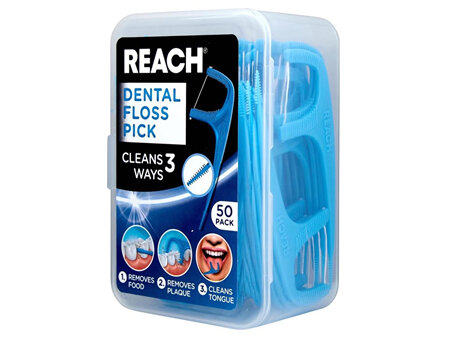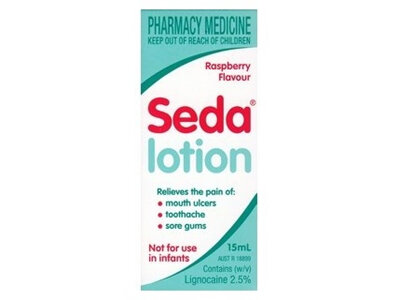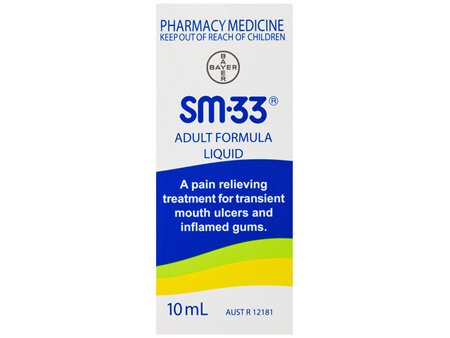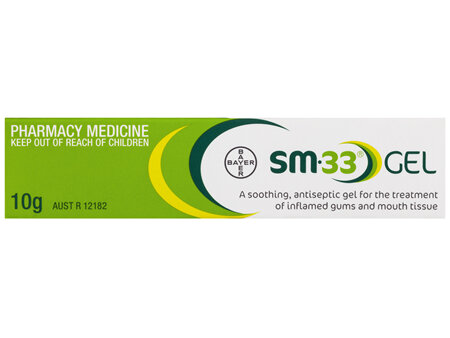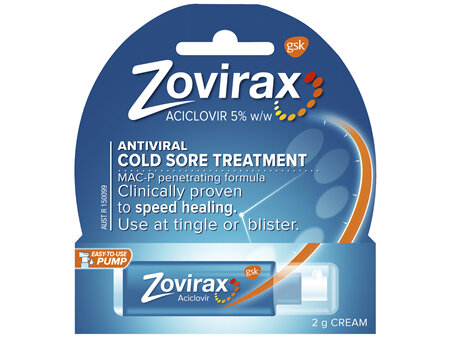A mouth ulcer is a painful pale coloured sore on the moist inner skin of the mouth. They make eating and tooth brushing difficult, as food and the brush scrapes against the exposed surface causing pain and discomfort.
Generally mouth ulcers are small round sores with a raised edge, but they may become as large as a 10 cent piece, or occur in clusters or in several places in the mouth.
Some mouth ulcers are caused by injuries such as from dental work, biting the inside of the mouth, rough brushing or sharp food damaging the lining of the mouth. Other causes include stress, vitamin B12 and iron deficiency, reactions to certain foods, hormone changes in women, from more serious conditions such as Crohn’s disease and, rarely, from mouth cancer.
The best way to prevent mouth ulcers is to avoid the causes – gently cleaning the teeth with a soft toothbrush, a healthy diet, avoiding stress and other triggers. However avoiding all causes is often not possible, and the first treatment is to ensure good oral hygiene.
Change your toothbrush regularly, use mouthwash or hot salty water to rinse the mouth after eating to remove any debris and ensure the oral cavity is as healthy as possible. Try to eat foods that are not too spicy or rough in texture, to ensure that food is not further damaging the ulcerous area.
Products such gels that ease the pain are available from your pharmacy, as well as pastes that stick to the ulcer and protect it from rough tooth edges and further damage, allowing the area underneath to heal.
Mouth ulcers that have not responded to treatment, are recurrent, are at the back of the mouth, or which change appearance need to be checked out. Your community pharmacist will be able to give you appropriate advice and treatment, or refer you to further medical or dental attention to deal with your mouth ulcer.


